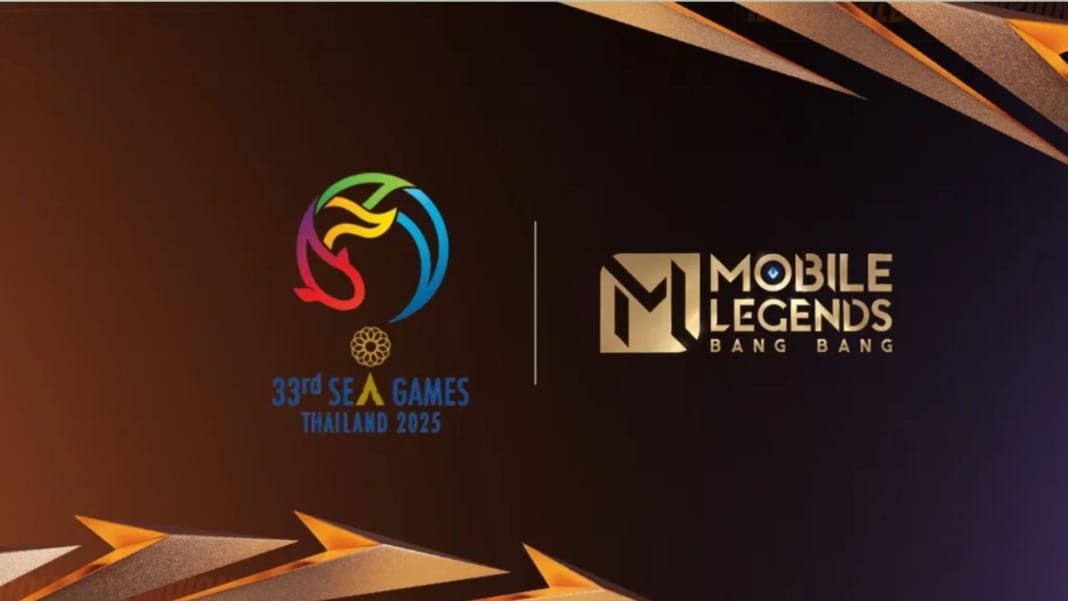The European Commission has launched an antitrust investigation into Corning’s Gorilla Glass, the widely used protective glass in smartphones and tablets. The Commission examines whether Corning’s agreements with major mobile device manufacturers, including Samsung and Apple, may unfairly restrict competition by limiting rival glass producers’ access to the market.
Concerns over exclusivity deals
Gorilla Glass, a specialised alkali-aluminosilicate glass, has gained popularity for its strength and durability, becoming the standard for premium devices. The EU’s investigation stems from concerns that Corning’s arrangements with device manufacturers include exclusivity agreements that might prevent other glass makers from competing effectively. Such deals, which reportedly require manufacturers to source “all or nearly all” of their glass from Corning, could block other companies from providing similar or superior products to the market.
European Commissioner for Competition Margrethe Vestager stressed the importance of competition: “Breaking a phone screen is frustrating and expensive, so strong competition in the cover glass market is crucial. It ensures consumers get both high-quality and affordable glass for their devices. We’re examining if Corning has attempted to shut out other glass makers, which could deprive consumers of cheaper and potentially more durable options.”
Vestager’s remarks underscore the Commission’s focus on protecting consumer choice by preventing dominant companies from blocking new entrants or innovations. If Corning’s exclusive deals have been used to restrict competition, this may have kept prices artificially high or limited the quality improvements available in the market.
Key areas under investigation
The EU’s investigation is examining three main areas within Corning’s business practices:
- Exclusive sourcing obligations: The agreements under scrutiny reportedly require device makers to purchase all or nearly all of their cover glass from Corning, potentially limiting other glass producers’ access to the market.
- Rebates for exclusivity: The EU is also investigating whether Corning offers rebates or incentives for manufacturers who agree to exclusive sourcing arrangements. Such discounts encourage brands to explore other glass options, limiting competition.
- Competitive offer restrictions: Corning allegedly requires device makers to inform them of rival glass producers’ offers, agreeing that Corning has the right to match the price before the brand can proceed with a competitor. This practice may inhibit new glass producers from establishing a foothold in the industry by preventing them from competing on price.
If proven, these practices indicate an attempt by Corning to maintain its market dominance by reducing competition, which is a primary concern under EU antitrust laws. The Commission’s investigation will determine if Corning has violated these rules to ensure fair competition and prevent market monopolisation.
Potential consequences and next steps
The company could face a significant fine if the Commission finds that Corning has breached EU antitrust regulations. However, Corning also has the option to propose commitments that address the Commission’s concerns, which could help bring the investigation to a conclusion without a penalty. These commitments might involve changing its business practices for greater competition in the cover glass market.
Gorilla Glass has become a vital smartphone component, providing resilience against scratches, drops, and other potential damage. Once a unique feature for Apple’s iPhone, Corning’s glass technology has since evolved into a standard in premium devices across the industry. By investigating Corning’s market conduct, the EU aims to ensure that smartphone and tablet manufacturers have various cover glass options, fostering competitive pricing and innovation in the market.
This investigation is part of the EU’s commitment to regulating technology markets and preventing monopolistic practices. With this inquiry, the Commission seeks to ensure consumers benefit from fair pricing and continued advancements in mobile device durability.





